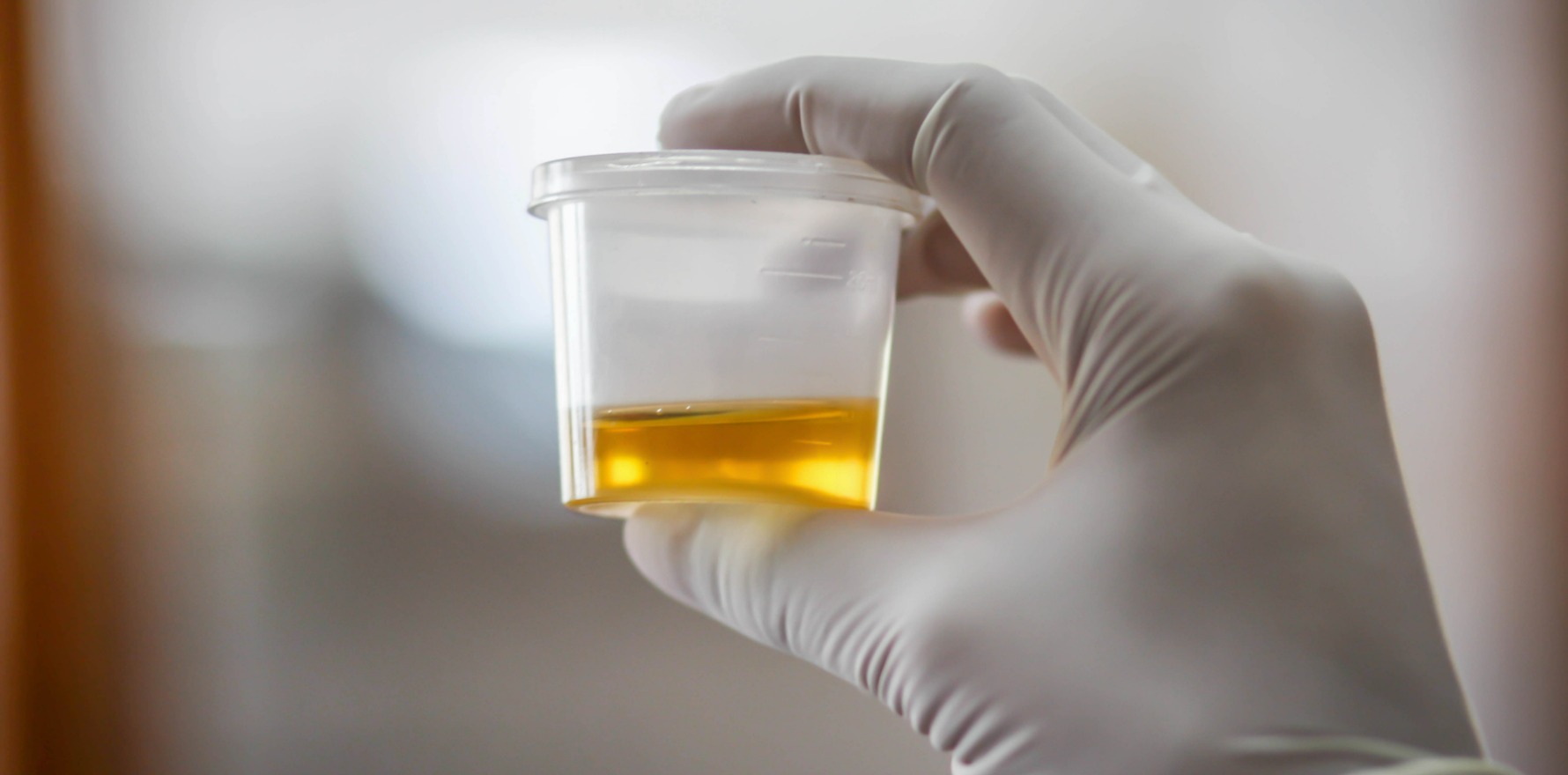The industry body wants to take the pharmacist prescribing pilot beyond Queensland and says health ministers are begging for its help.
The controversial pharmacist-led UTI trial could soon be replicated in more states and territories, according to Pharmacy Guild president Professor Trent Twomey.
As reported in Pharmacy Daily, Professor Twomey told delegates at the Pharmacy Connect conference in Sydney last week that the Guild has already commenced negotiations with all state and territory-level governments to expand the trial.
“We have a deliberate, methodical and thought-out government and public relations campaign to ensure that [pharmacist-led UTI prescribing] is embedded nationwide,” he said.
The Guild president also said that states and territories were essentially lining up to trial expanded pharmacy scopes of practice.
“We used to have to try to knock on doors politely, kick down doors sometimes – not so politely – but now we have health ministers ringing us at all hours of the day,” he said.
“We have chief health officers and chief medical officers from not only the states and territories, but the federal government, ringing us on all days of the week asking if we can help them, if we could help increase the number of services provided through community pharmacies.”
From October, the Queensland trial – which allows pharmacists to supply antibiotics to non-pregnant women presenting with uncomplicated cystitis – will become standard practice for all pharmacies in the state.
TMR asked all the states and territories where they stood on implementing a similar program. Three got back to us by deadline; here are their responses in full.
ACT: “The ACT has not been formally approached by the Pharmacy Guild of Australia. However, we are aware of the trial in Queensland and this has been mentioned in informal discussions with the Guild.”
NSW: “NSW Health liaises regularly with the Pharmacy Guild of Australia NSW Branch and other pharmacy stakeholders regarding new evidence-based models of care.”
Northern Territory: “Under Northern Territory legislation, pharmacists are not authorised to prescribe Schedule 4 or Schedule 8 medicines, such as those used to treat uncomplicated UTIs. There are no plans at this time to amend the legislation.”
The RACGP, along with AMA Queensland, has been vehemently opposed to the trial.
“It is almost beyond comprehension that state and territory governments would consider following Queensland’s lead in rolling out pharmacist prescribing programs for the treatment of UTIs,” RACGP President Adjunct Professor Karen Price told TMR.
“It was only a few months ago that harrowing details emerged concerning the Queensland pilot. Some of the incidents to surface include a patient in their 20s being interviewed about symptoms at the counter within earshot of multiple customers.
“Let this be a lesson for all the state and territory governments who the Pharmacy Guild claim are seeking to replicate Queensland’s pilot program,” Professor Price said.
In May, the AMAQ conducted a member survey of 1300 doctors and found that at least 240 patients across the state had developed complications after being treated as part of the trial.
The Pharmacy Guild disputed this finding at the time, and have maintained that the measures bring Queensland into line with countries like New Zealand, the UK and Canada.
Since 2012, accredited pharmacists in New Zealand have been permitted to supply three days’ worth of trimethoprim for uncomplicated UTIs.
A study published in the New Zealand Journal Medical Journal in 2020 found that trimethoprim only worked for women aged between 15 and 55 with uncomplicated cystitis about 74% of the time.
The Infectious Diseases Society of America guidelines for UTI treatment recommend changing out the recommended first-line antibiotic when resistance is greater than 20%; in this case, it is over 25%.
The authors concluded that trimethoprim should no longer be recommended as a first-line treatment for UTI.





